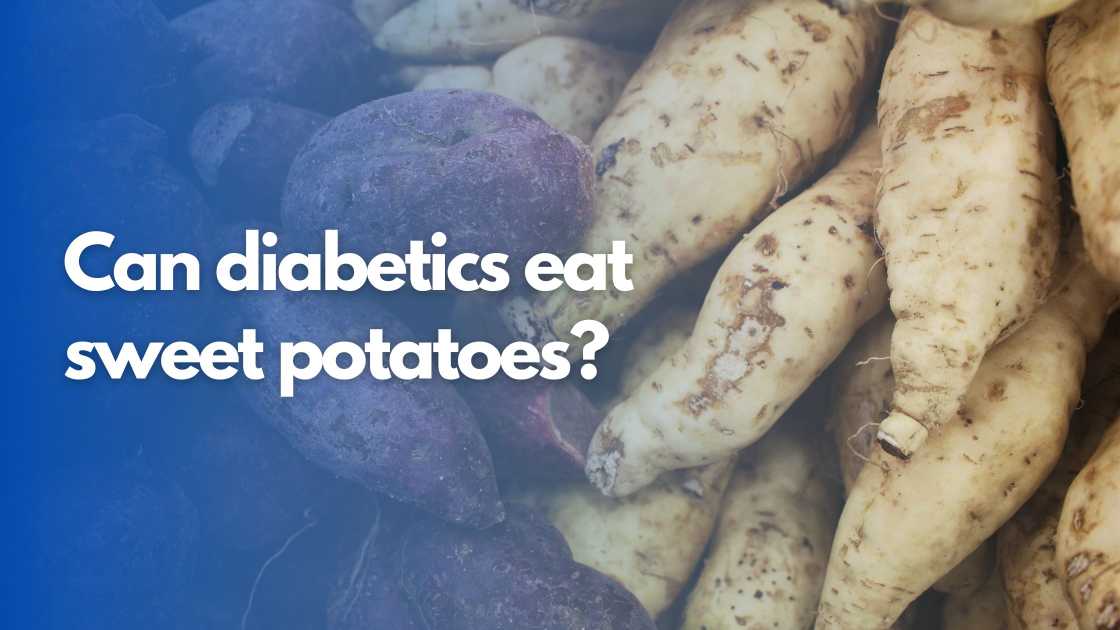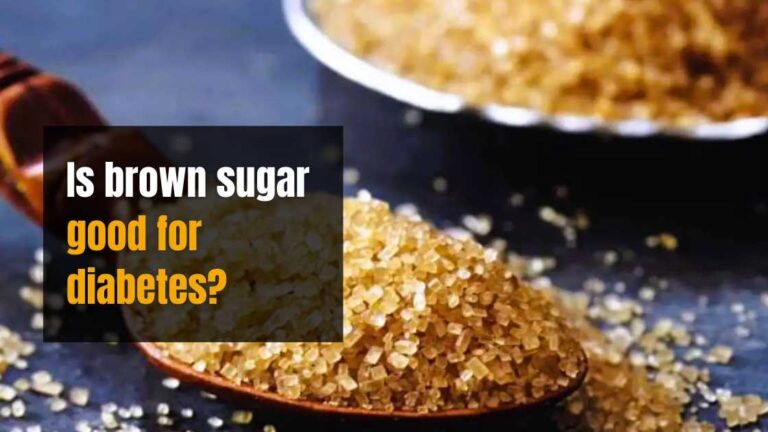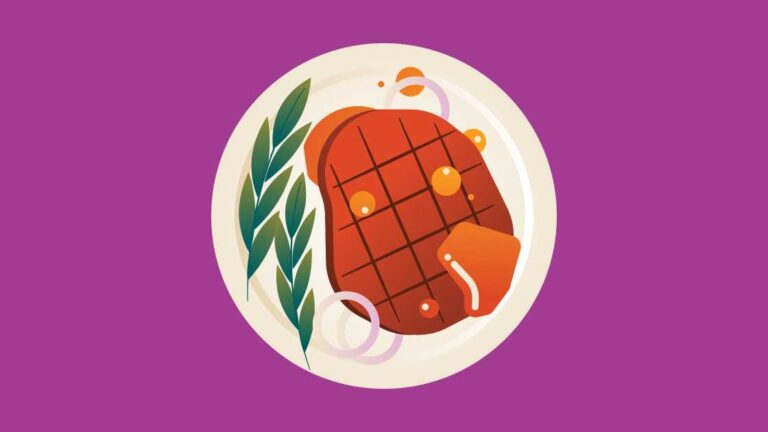Is it bad for diabetics to eat sweet potatoes?
Sweet potatoes are one of the most nutrient-dense vegetables growing in the world’s subtropical and tropical regions. However, just because they are nutritious does not imply, that they are always a healthy choice for diabetics.
While diabetics do not need to avoid sweet potatoes entirely, it is crucial to consider the amount, kind, cooking, flavor, and associated side dishes when eating sweet potatoes.
In this post, we’ll go over everything a diabetic person needs to know about sweet potatoes. This knowledge will allow you to make a decision on whether to eat them or not..
Sweet potato
Sweet potatoes are scientifically known as Ipomoea batatas. Sweet potatoes, in any form, are a wonderful substitute for white potatoes. They have more fiber and minerals like beta carotene.
Certain types of sweet potatoes have been demonstrated to be beneficial to persons who are concerned about their blood sugar levels or weight.
Sweet potatoes are high in vitamins, antioxidants, and minerals, all of which are beneficial to your health.
Types of sweet potatoes
Purple sweet potatoes
The inside and outside of purple sweet potatoes are lavender in color. Stokes Purple and Okinawan potatoes are two names for the same potato.
The Glycemic load (GL) of purple sweet potatoes is lower than that of orange sweet potatoes. Purple sweet potatoes are high in anthocyanins, which are antioxidants.
Anthocyanins are a polyphenolic molecule that has been shown in tests to improve insulin resistance and reduce the risk of obesity and type 2 diabetes.
Anthocyanins act in the body through a variety of methods, including reducing carbohydrate breakdown in the gut, according to a review of studies.
Japanese sweet potatoes
Even though they are purple on the outside and yellow on the inside, Japanese sweet potatoes (Satsuma Imo) are frequently referred to as white sweet potatoes. This sweet potato variety contains caiapo.
When compared to placebo, caiapo extract was found to dramatically lower fasting and two-hour blood glucose levels in participants. Caiapo has also been demonstrated to lower cholesterol levels [source].
Orange sweet potatoes
The most prevalent type of sweet potato seen in supermarkets in the United States is orange sweet potatoes. On the outside, they’re reddish-brown, and on the inside, they’re orange.
Orange sweet potatoes have a higher fiber content than typical white potatoes. As a result, they have a lower glycemic index (GI) and are a better option for diabetics.
According to several pieces of research, boiled orange sweet potatoes have a lower GI value than baked or roasted sweet potatoes [source].
Glycemic index
It is a numerical scale of numbers between 0 and 100 which is used to describe how eating one food will raise blood sugar levels. There are 3 categories of the glycemic index namely low, medium and high.
The lower the glycemic index of a food, the lower the chances of the food affecting your blood sugar levels, the higher the glycemic index of a food, the greater the chances of the food affecting your blood sugar levels.
The low glycemic index ranges from 0 to 55
The medium glycemic index ranges from 56 to 69
The high glycemic category ranges from 70 to 100
Sweet potatoes have a glycemic index of 54 which falls under the low GI category, thus making them a little safe for consumption by diabetics.
Glycemic load
Glycemic load is a tool used to measure the amount of carbohydrates in a portion of food together with how quickly it increases blood glucose levels. It is very helpful for people with diabetes.
This tool helps them to assess which quantities of foods are most suitable for maintaining good blood glucose levels.
The classification of glycemic load is as follows:
Low: 0 to 10
Medium: 11 to 19
High: 20 and above
Sweet potatoes have a glycemic load of 11.3 due to their high carbohydrate content, placing sweet potatoes in the medium glycemic load range.
What effect do sweet potatoes have on blood sugar levels?
Sweet potatoes contain a lot of carbohydrates, which can cause blood sugar levels to rise. Their high fiber content aids in the slowing of this process.Hence, diabetics can eat sweet potatoes but should take them in moderation.
If you are diabetic, limit your sweet potato quantity, and boil or steam your sweet potatoes instead of baking them, no matter which type you choose to eat.
If you have diabetes, are there any advantages to eating sweet potatoes?
Sweet potatoes, in general, are healthy when consumed in moderation. They’re abundant in antioxidants, vitamins, and minerals, and they’re safe to eat as part of a diabetes-friendly diet.
Here are a few diabetic-friendly recipes to get you started:
- Salad with avocado and sweet potatoes
- Cups for sweet potato casserole
- Sweet potato fries baked in the oven
- Crispy purple sweet potato fries cooked in the oven
- Sweet potatoes with broccoli stuffing
When it comes to sweet potatoes, are there any concerns if you have diabetes?
Sweet potatoes are a healthier alternative to white potatoes in terms of nutrition. Nonetheless, they should be consumed in moderation, as they may have a negative impact on blood glucose levels.
Because some sweet potatoes are so huge, it’s easy to overeat them. Always choose a medium-sized potato and be sure to incorporate other nutritious items in your regular meal plan.
Summary
When consumed in moderation, sweet potatoes can be a nutritious part of a diabetes-friendly diet. Some varieties of sweet potatoes may even aid in the management of your disease. Japanese sweet potatoes and purple sweet potatoes are two examples.
Sweet potatoes are high in nutrients, but they also have a high carbohydrate content. Smaller quantities and boiling rather than baking will help you get a lower glycemic load. Diabetics can therefore eat sweet potatoes.







Leave a Comment